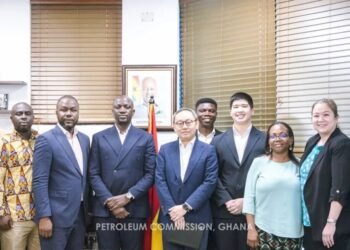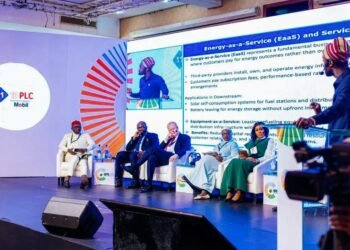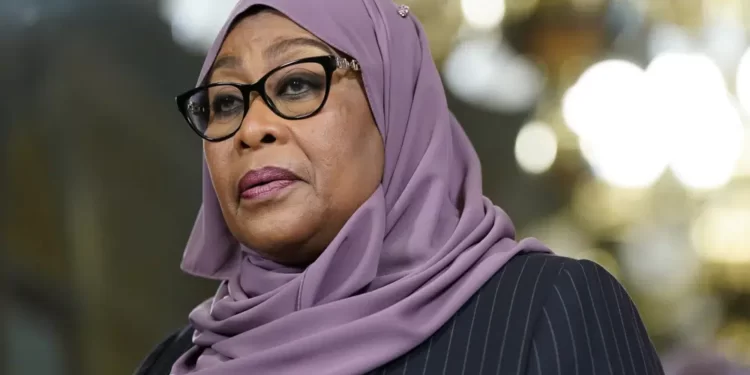Ghana is on course to achieve 35% renewable energy integration into its national electricity generation mix by the end of this year, the government has announced.
The bold milestone underscores the country’s commitment to clean energy and sustainable development, positioning Ghana as a leader in Africa’s energy transition.
The disclosure was made by Energy and Green Transition Minister John Abdulai Jinapor at the Africa Oil Week Summit in Accra, where he highlighted the country’s determination to diversify energy sources while balancing continued hydrocarbon exploration.
“I can boast that Ghana is on course to achieving 35% renewable energy in its overall electricity generation mix by the end of this year.”
John Abdulai Jinapor, Energy and Green Transition Minister
The Minister pointed to President John Mahama’s decision to expand the ministry’s mandate as a decisive step in embedding environmental responsibility at the heart of energy policy.

This restructuring as a significant policy shift, ensuring that Ghana’s energy decisions take into account not only economic returns but also the environmental impact and long-term resilience of the country’s energy systems.
While much attention has been focused on solar and wind investments in recent years, Mr. Jinapor highlighted that hydropower remains a vital backbone of Ghana’s renewable portfolio.
“Ghana is deeply committed to promoting renewable energy as a core component of its sustainable development agenda.
“We recognize the importance of diversifying our energy mix to reduce reliance on one particular source, such as fossil fuels, whilst minimizing environmental pollution and ensuring energy security for all citizens.”
John Abdulai Jinapor, Energy and Green Transition Minister
The inclusion of hydroelectric generation has given Ghana a head start compared to several other African countries, many of which remain heavily reliant on fossil fuel generation. The Minister added that government is actively working to expand solar and wind projects to further balance the energy mix.
Strengthening Energy Security
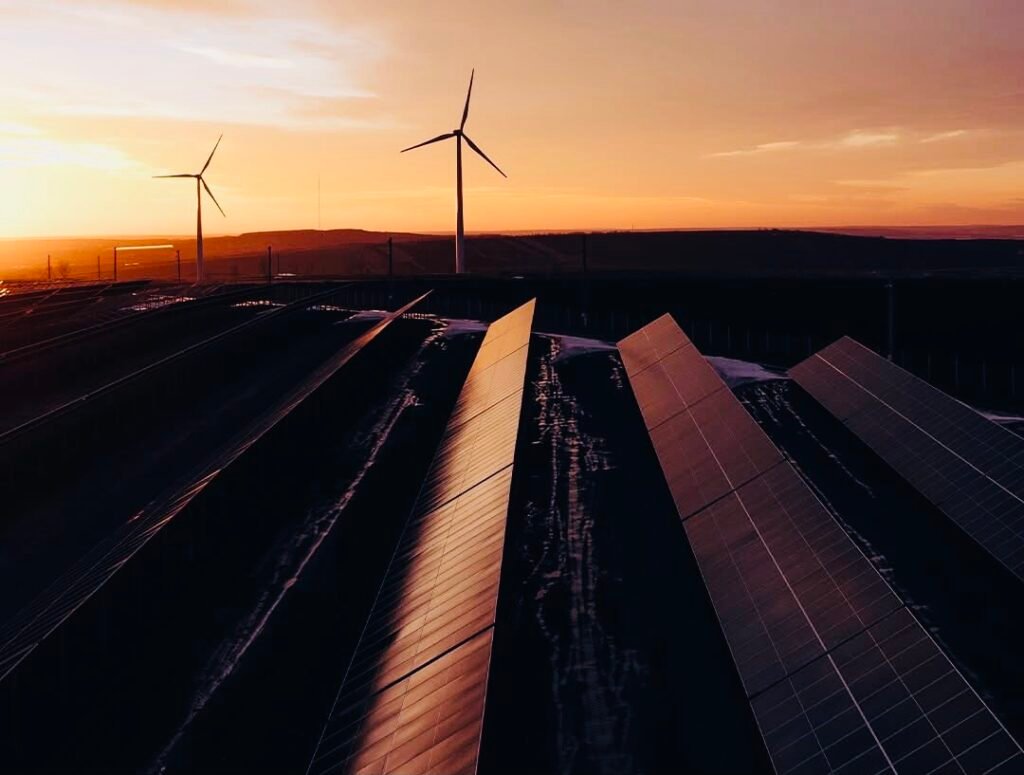
The government argues that the renewable energy shift will not only cut down reliance on imported fossil fuels but also insulate the economy from external shocks linked to global oil price volatility.
Mr. Jinapor explained that cleaner energy sources will “strengthen energy security, reduce dependency on fossil fuels, and align Ghana with global climate action goals.”
The benefits extend beyond environmental protection. A diversified energy portfolio is expected to bring down long-term electricity costs, foster industrial growth, and attract climate-conscious investors eager to fund low-carbon projects in emerging markets.
Despite the strong push for renewable energy, the Minister clarified that hydrocarbons remain important for Ghana’s medium-term energy strategy.
Ongoing oil and gas exploration, particularly offshore, continues to generate revenue and support industrialization.
“We cannot ignore our hydrocarbons.
“But the shift we are making is to ensure that as we continue to utilize them, we are simultaneously preparing the ground for a sustainable, diversified, and low-emission energy future.”
John Abdulai Jinapor, Energy and Green Transition Minister
Observers at the Africa Oil Week Summit said this balanced approach reflects the realities of many African economies, where fossil fuel revenues are critical to national budgets but renewable energy is necessary for long-term sustainability.
Global and Local Commitment
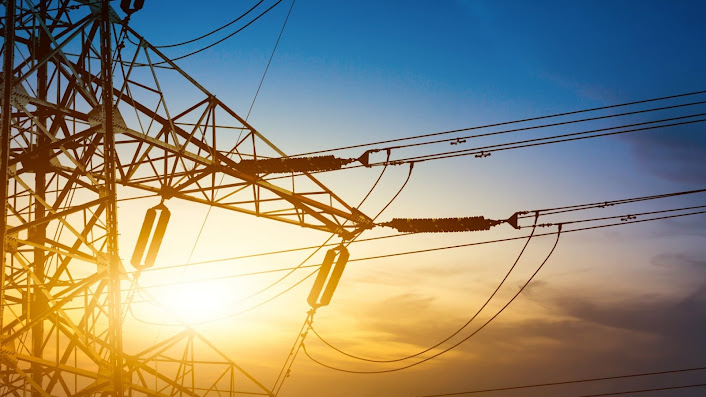
Ghana’s renewable energy drive is aligned with the Paris Agreement and other international climate commitments.
It also ties into the African Union’s Agenda 2063, which places energy transition at the center of the continent’s development goals.
Civil society groups, however, continue to call for even greater investments in community-based renewable projects, arguing that large-scale infrastructure often bypasses rural communities most in need of affordable power.
As the year draws to a close, Ghana’s energy sector faces the dual task of maintaining momentum on its renewable targets while ensuring energy reliability in the face of rising demand.
With the government’s policy direction now firmly anchored in sustainability, expectations are high that Ghana will not only achieve its 35% target but also expand its ambition for the next decade.
READ ALSO: Market Cheers as Ghana’s Treasury Auction Breaks Four-Week Drought with 15.8% Oversubscription





